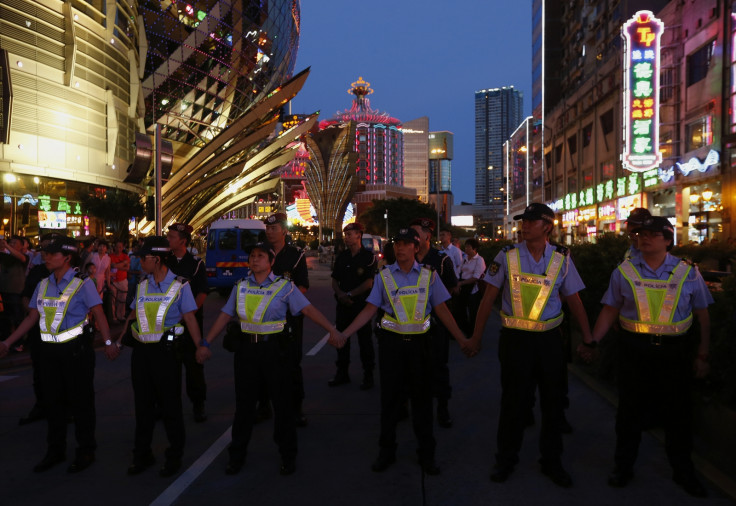Beijing Loyalist Heads for Victory in Macau After Pro-Democracy Movement Stifled

Fernando Chui is likely to be re-elected as Macau's chief executive after an unofficial referendum on democracy in the territory was quashed by the pro-Chinese government.
Sunday's election in the former Portuguese colony will see incumbent Fernando Chui as the only candidate. He will be approved by a panel of 400 carefully chosen pro-business pro-Beijing, loyalists.
The attempt to hold an unofficial referendum is reminiscent of pro-democracy struggles in Hong Kong, which is classified along with Macau as one of China's 'special administrative regions."
Activists there have campaigned to hold elections through universal suffrage since the former British colony was returned to Chinese rule in 1997.
Both Macau and Hong Kong enjoy a range of economic and social freedoms not afforded to mainland citizens but calls for political freedoms have grown in recent years and pose an ever greater challenge to the Chinese Communist Party.
The unofficial Macau referendum, which opened on August 24, has been quashed by local police. Polling stations were closed down across the city, while campaigners for democracy were arrested and subsequently released.
While Macau's population does not share a history of democratic activism with Hong Kong, experts believe the crackdown shows China's wariness that pro-democracy movements could spread.
"The term civil referendum is a very sensitive touchy political term. If there wasn't an issue in Hong Kong, they (authorities) wouldn't react in this way," said Larry So, a Macau expert, as quoted by Reuters news agency.
"The central government (Beijing) has been coming down very hard. They would prefer that the term civil referendum did not exist. This is why they have behaved in such a strong way."
Macau residents have become increasingly active in the political sphere as the semi-autonomous territory's per capita income has soared in recent years.
As many as 20,000 staged a street protest in May over poor public services and inequality.
© Copyright IBTimes 2024. All rights reserved.






